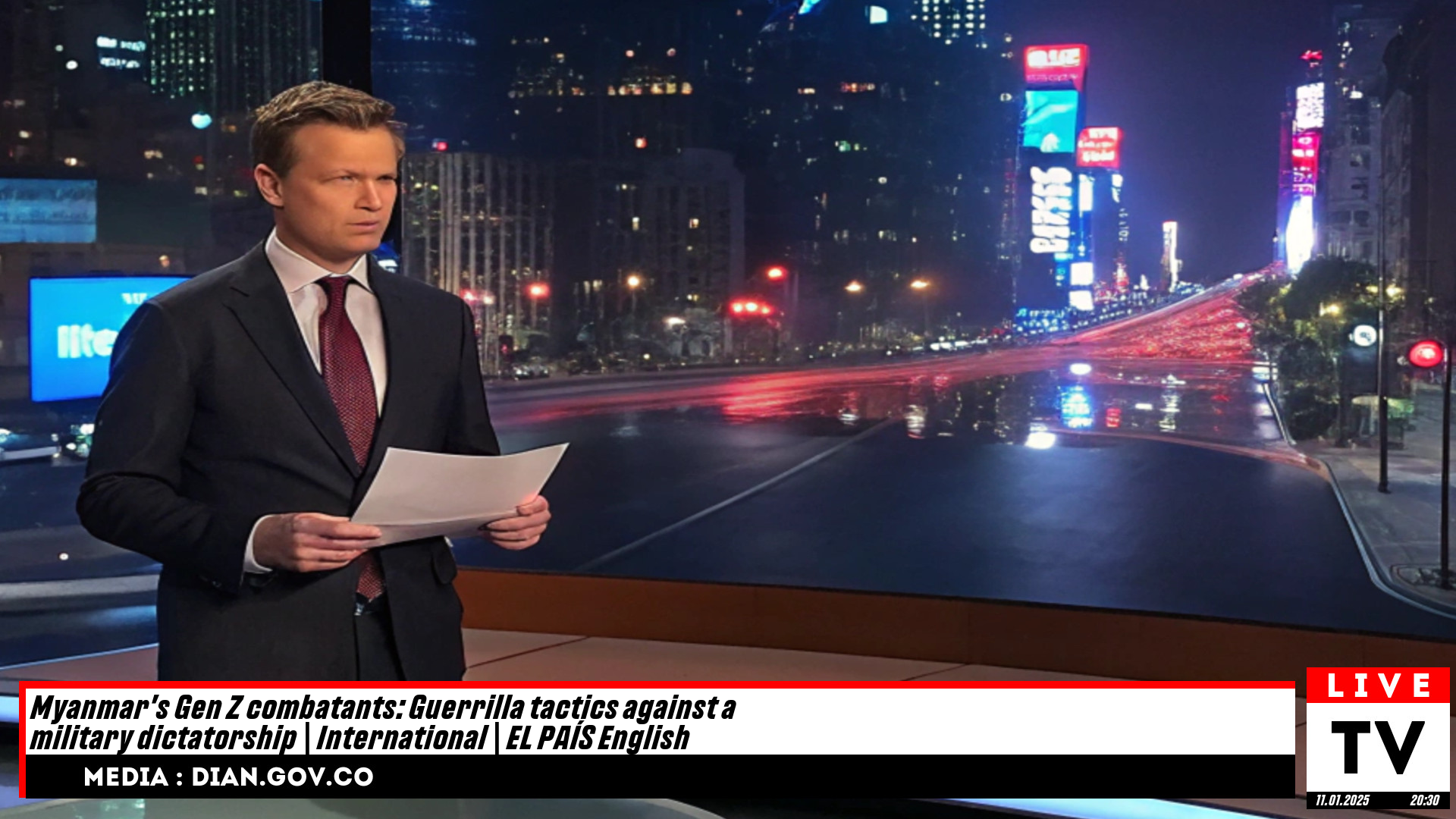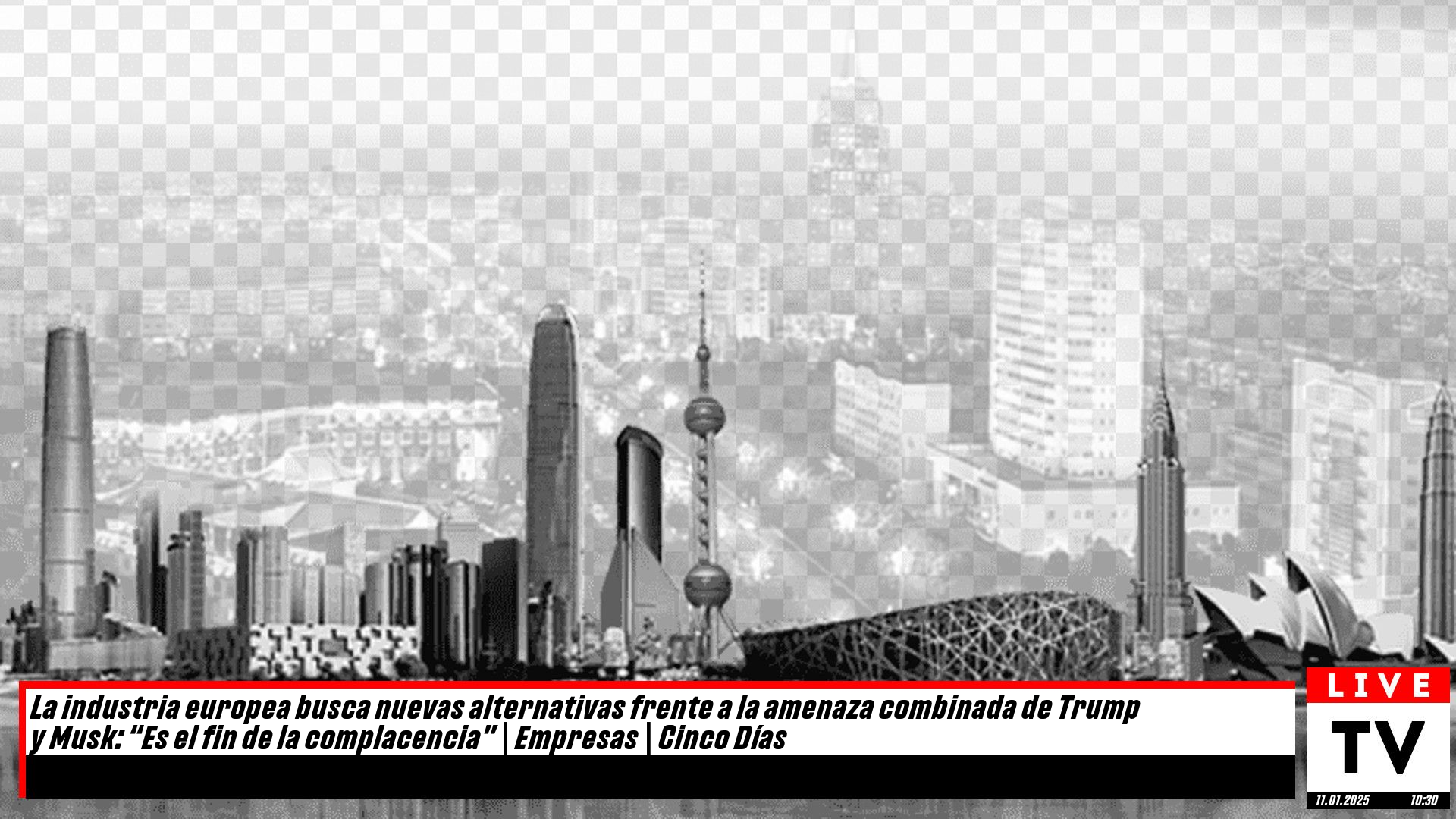"Jóvenes de la Generación Z en Myanmar: Innovación y resistencia guerrillera contra la dictadura militar"

La niebla se disipa lentamente mientras la embarcación navega por las aguas turbias del río Salween en Myanmar, anteriormente conocido como Birmania, cerca de la frontera con Tailandia. En ambas orillas, murallas de jungla verde se elevan, y un cielo opalescente, salpicado de nubladas tormentas, presagia la inminente llegada del monzón. Jóvenes combatientes de la resistencia, sentados a cada lado de la embarcación, ajustan sus fusiles de asalto y vigilan la bruma que los rodea. Sus miradas recorren el bosque, y cada vez que oyen un sonido distante, apagan el motor de la embarcación para asegurarse de que no sea el anuncio de un avión perteneciente a la junta militar que ha gobernado el país desde el golpe de estado de febrero de 2021.
“Although we have taken control of this part of the border, that doesn’t mean that the SAC [State Administration Council, the official name of the Myanmar junta] doesn’t carry out attacks with its airplanes,” says 26-year-old Abel, whose nom de guerre is “Bye Bye.” He left his city Loikaw after the coup, fleeing to the mountains with hundreds of his companions, and later joined the KNDF, the Karenni Nationalities Defense Force. The revolutionary group is made up in large part by men of its titular ethnic group and operates in the state of Kayah, the nerve center of the civil conflict that has bloodied Myanmar for nearly four years.
Since 1962, the country has been governed by military juntas, and it wasn’t until 2015 that it celebrated its first free elections, which ended with the victory of the National League for Democracy, the party led by Nobel Peace Prize winner Aung San Suu Kyi. From 2015 to 2021, the country experienced a brief period of democracy, which allowed its younger generations to connect with the greater world. When, on February 1, 2021, tanks appeared on the thoroughfares of the capital and General Min Aung Hlaing seized power, thousands of people across the country flooded the streets in protest of the coup. Members of the military wanted to prevent changes to the country’s constitution, which reserves 25% of parliamentary seats and the control of the Ministries of Interior, Defense and Borders for the army. The electoral triumph on November 8, 2020 had given the NLD a sufficient majority to carry out that change.

La búsqueda por mantener viva la magia del mundo de Harry Potter a nivel global | Cultura | EL PAÍS English

La posible vuelta de Trump a la Casa Blanca sacude los mercados chinos | Economía y Negocios | EL PAÍS English

"2025: Un nuevo orden mundial marcado por guerras, desastres climáticos y la era de los techno-millonarios" | Internacional | EL PAÍS Inglés

"Europa se mueve hacia la Innovación ante el Doble Desafío de Trump y Musk: Un Nuevo Amanecer para la Industria" | Empresas | Cinco Días

"BBVA y Sabadell: La intensa batalla por la opa se vuelve cada vez más reñida" | Mercados Financieros | Cinco Días

